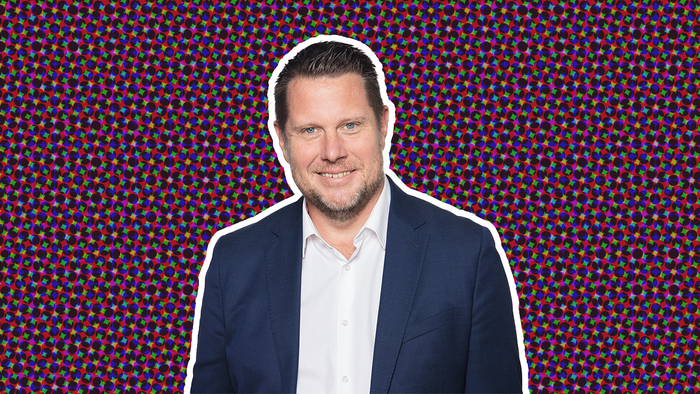
Featured Blog | This community-written post highlights the best of what the game industry has to offer. Read more like it on the Game Developer Blogs.
Despite the number of Kickstarter success stories out there we opted for a flexible funding campaign on Indiegogo to launch our newest game, Secrets of Rætikon. Here's why.

Despite Kickstarter being the go-to place for crowdfunding, we've opted for the smaller and less known Indiegogo platform. Let me explain the thoughts that lead to this controversial decision in a few short paragraphs.

Browsing through the most successful Kickstarter campaigns of the recent months, a pattern stands out. All of them are either made by industry luminaries or based on a well established franchise (or both). We can't compete with names like Torment and Shadowrun and neither does a man like Richard Gariott work for a tiny indie outlet in the middle of nowhere (a.k.a. Europe). Nor has Kickstarter launched in that particular region of nowhere called Austria. In order to get our foot in the door we would have to establish a UK or US company, which is costly and – in case of the US – adds a ton of paperwork and legal risks once we want to transfer the money outside the country. The case is different with Indiegogo. We can open a project there without having to establish a daughter company in another country.
Yet even more important is the fact that we deem it more honest to launch a flexible funding campaign than going the traditional Kickstarter-style fixed funding route. Flexible funding means: funders get the game and we get their money no matter if the campaign goal is reached or not. We are simply selling alpha access to the game via a more popular platform than our own website. We will sell some of the digital-only tiers via our website and possibly via Steam after the campaign, but for a higher price and without that warm feeling of supporting a struggling indie. Additionally, we can offer tiers that reward you with physical goods that we'd have a hard time to sell on our own. When we run a campaign like this, we know how many boxes we have to produce as soon as the campaign is over. This is all we can manage on our own.
Concerning physical goods we opted for having self-sustainable tiers. Since we need to make sure that we're able to deliver the physical goods even in the case that there are only very few orders and we don't make our goal, the price is determined by the cost of producing the goods. In order to compensate for the higher price point we made sure that each physical reward has a personal touch. We will assemble the boxes by hand and sign each one of them. They are unqiue collectors items, not mass-produced entertainment products. Having that personal touch is very important to us since it's one of the few assets an indie has.
The personal touch can also be felt in the video we put together for the launch of the campaign. We took inspiration from a local TV show called "Sendung ohne Namen". In order to give the video as many layers and as much 'meat' as possible, we overlayed the typical pitch presentation with an additional layer of – mostly textual – information. Learn about climate zones in the Alps and ancient machines found in the ocean while watching the video. It mimicks the game's storytelling that is similarly embedded in the gameplay. Making the video like this is, of course, also a way to stand out in a crowded market. Which brings us to discoverability.
There are fewer and less intimidating game projects launching on Indiegogo than on Kickstarter. We are making a game that truly stands out on that platform. No matter if there is a Kickstarter fatigue or not – there certainly is in the media – our model of publishing the game allows us to circumvent the risk of being taken as another high-risk gamble. We offer a game in alpha that we will finish no matter what and players support us to the finishing line. That's our thinking. That's our idea of running a crowdfunding campaign. That's our idea for the future of Broken Rules.
All in all we just felt it is more honest to do launch as an Open Alpha than to act as if we'd only finish this project if we get funded. Our future depends on the success of this campaign. We did not bet. We are consciously taking a risk in launching this way. Let's see how this turns out.
About the Author(s)
You May Also Like







